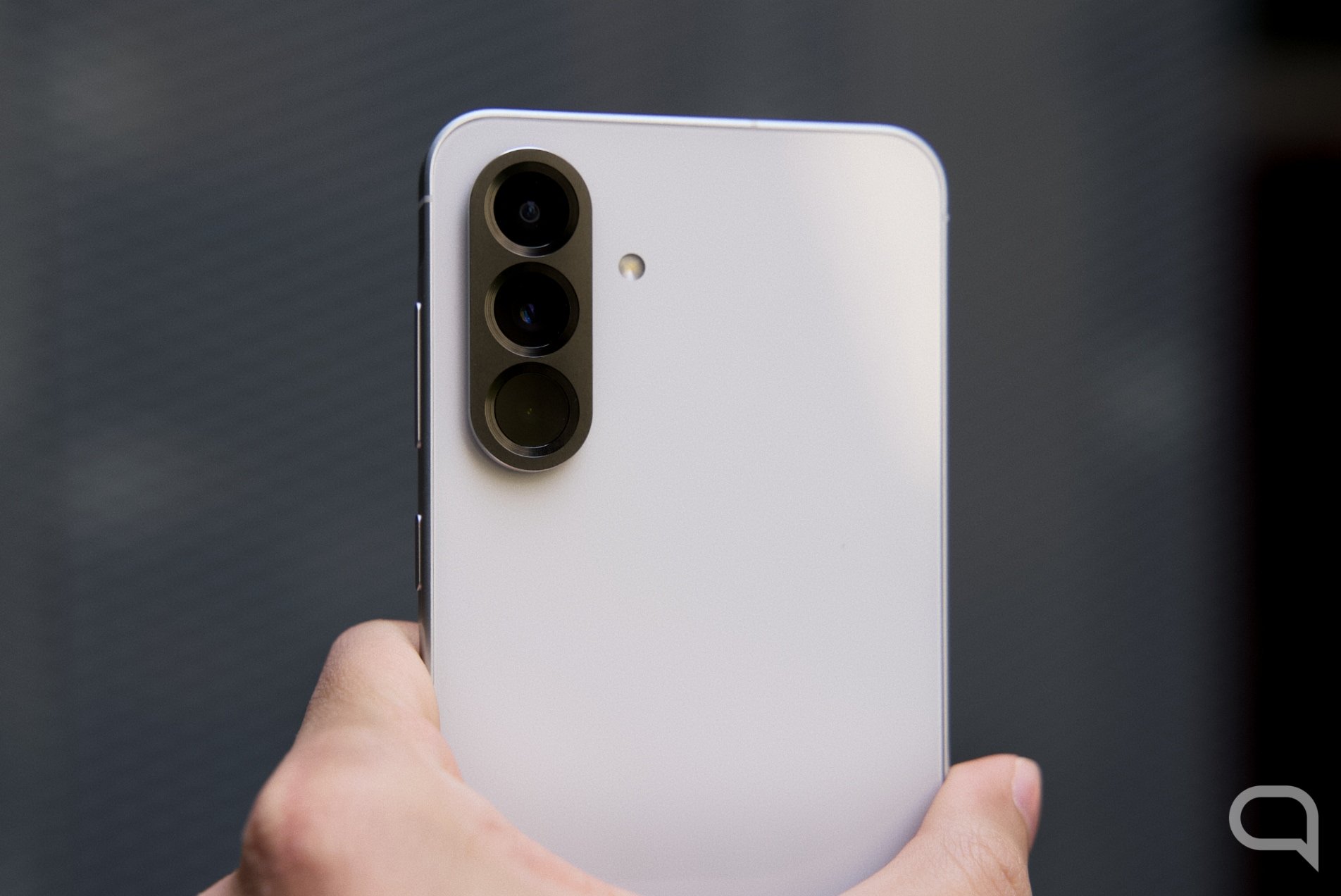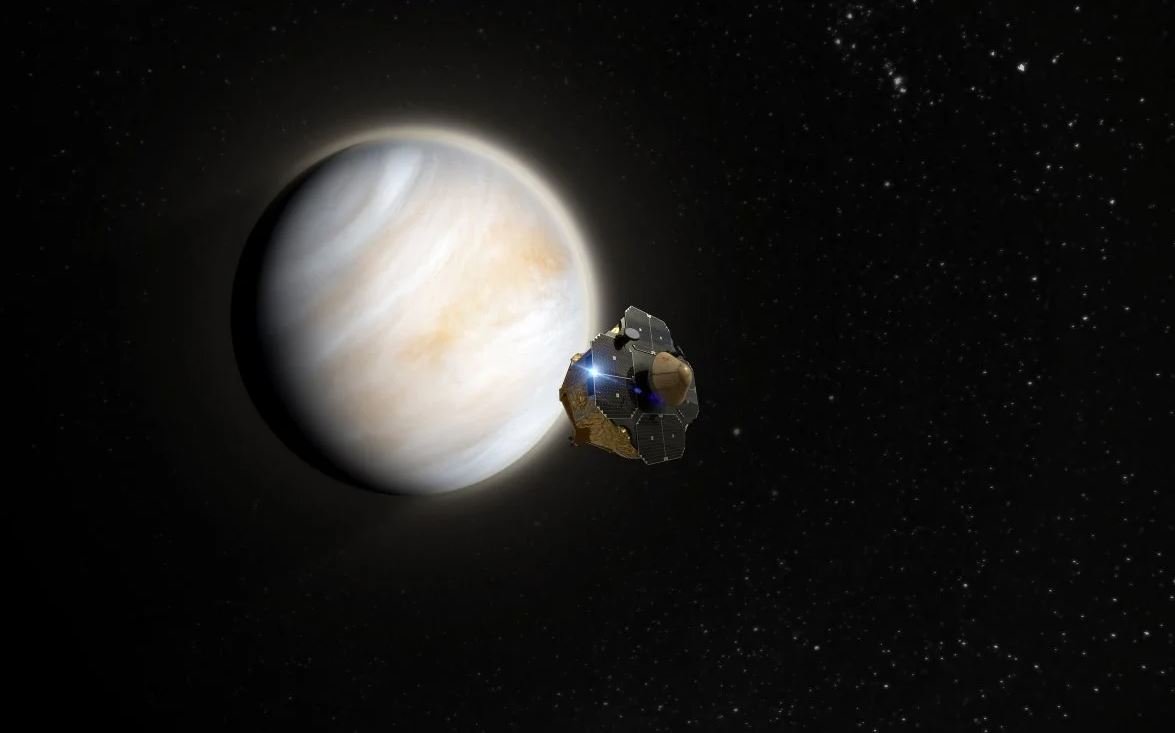Last year, California-based space company Rocket Lab announced plans to launch a special mission to Venus in May 2023. company delayed launch to at least January 2025.
According to site information TechCrunch, a Rocket Lab spokesperson confirmed that the mission that was scheduled to launch last month has been delayed. There is still no specific date for the next launch, but the mission is likely to continue before January 2025. “We are currently focusing on fulfilling the customer’s duties as a priority,” the spokesperson said.
The only launch window announced by the company to the public is exactly in January 2025, so the special mission must be performed during this period. The main purpose is to search for organic chemical evidence in Venus’ atmosphere., to look for examples that can provide evidence of conditions favorable to life.
First special mission to Venus
To accomplish the launch, Rocket Lab will send a probe via the Electron rocket and Photon spacecraft. As stated in the mission plan, The probe is expected to descend about 48.2 kilometers above the Venusian surface, in a region where atmospheric conditions are comparable to those on Earth..
The probe, which is 38 centimeters in diameter and weighs 20.4 kilograms, will be programmed to look for organic chemicals – in 2020, scientists found signs of so-called phosphine in the region of Venus, a molecule that could suggest the existence of life on the planet. While Rocket Lab isn’t specifically looking for phosphine, the company’s CEO, Peter Beck, said the molecule’s discovery renews science’s interest in the planet.
In addition to being funded by the California corporation, the mission also received support from the Massachusetts Institute of Technology (MIT) and unidentified philanthropists. Estimated cost is US$ 10 million (approximately R$ 49 million at current prices).
“This is an ambitious task with a clear hypothesis: There is no life without organic chemistry. Any detection of organic chemistry makes the existence of life more likely. We have a world-class scientific team that has found a tiny instrument that can display organic molecules. Rocket Lab’s Space via excitation of an ultraviolet laser, Richard French, Director of Systems Strategy and Business Development, told Space in 2022.
Source: Tec Mundo
I’m Blaine Morgan, an experienced journalist and writer with over 8 years of experience in the tech industry. My expertise lies in writing about technology news and trends, covering everything from cutting-edge gadgets to emerging software developments. I’ve written for several leading publications including Gadget Onus where I am an author.












